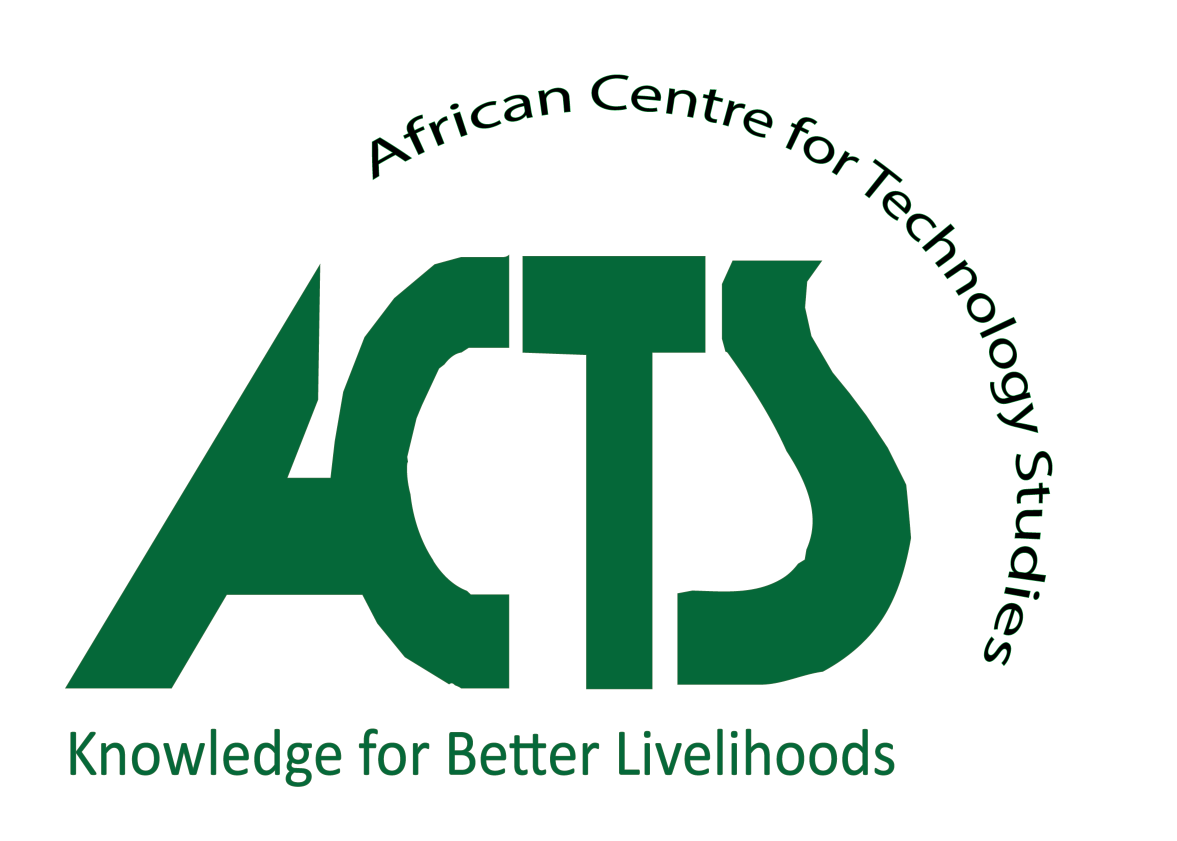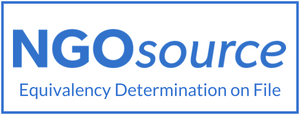Newsroom
& Opinion Editorials
Get news and opinion pieces across the ACTS universe.
Learn more about how we work, what we do, our research and how we are impacting communities.
For more details
Press@acts-net.org

